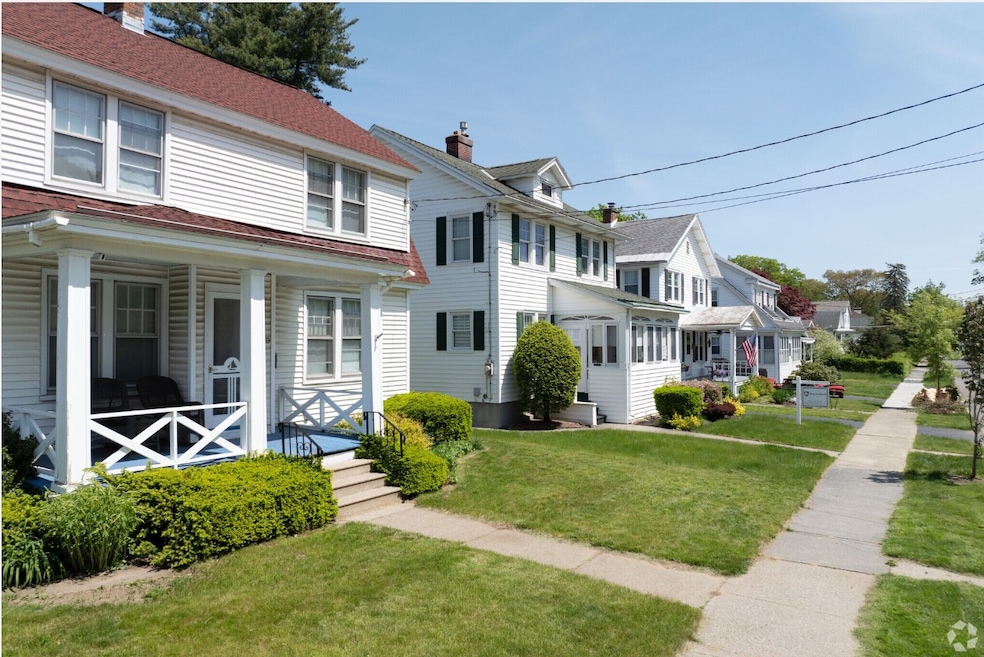A new law in Albany County, New York, is designed to encourage more homeowners to build accessory dwelling units on their property, but some housing market onlookers say it's unlikely to serve the area's main need for housing stock.
The Albany County Legislature recently approved a measure that gives homeowners a five-year tax break for building an ADU, which is an apartment within a single-family home with a kitchen, bathroom and living area. Homeowners will be exempt from paying a spike in property taxes if adding an ADU to their lot has raised their home's assessed value by between $3,000 and $200,000. After five years of not paying the increased taxes, the homeowner is partially exempt from paying those additional property taxes for another five years by 75%, 50%, 25%, 15% and 5%, according to the law.
The tax breaks will help alleviate the area's housing crunch, Albany County lawmakers said earlier this month after passing the law. Adding more ADUs will also provide lower-cost housing options, particularly for senior citizens on fixed incomes and young professionals, they said.
"This new local law will encourage residents to invest in accessory dwelling units by creating a tax-exemption window, so their budgets aren’t strained while freeing up sorely needed housing inventory," Wanda Willingham, a county legislator, said in a statement. "This helps our needs in this moment while also addressing historic inequities in housing opportunities that people of color in Albany County have dealt with stretching back nearly a century."
The law, which takes effect Jan. 1, might have a marginal impact, Emily Hamilton, a senior research fellow in land use policy and ADU legislation at George Mason University, told Homes.com. That's because, depending on size, building an ADU will still cost a homeowner tens of thousands of dollars, she said.
"Maybe if someone is on the fence and not sure, they can justify the financing for it, this might tilt them toward actually doing it," Hamilton said.
Albany is the latest New York locale where lawmakers are trying to encourage more ADU construction. New York City held a public hearing earlier this month for a set of ADU rules the Big Apple is considering. Ithaca, New York — home of Cornell University — passed ADU-related legislation in May.
New York State also has a forgivable loan program — called Plus One ADU — where low- to moderate-income homeowners can finance construction of an ADU and the loan is forgiven if the owner stays in the home for at least a decade and doesn't refinance the mortgage.
Hamilton said she has never seen ADU legislation like Albany County's, but the measure "is missing the forest for the trees." If Albany's goal is to increase housing, then laws should also be created that encourage adding different types of units — such as mobile homes and townhouses — not just ADUs, she said.
"This type of approach is really favoring current homeowners who want to build ADUs rather than taking on the holistic approach to tax policy, spending policy and zoning policy that creates an environment easier to build housing across the board," she said.
Another shortcoming of the legislation is that it will likely only benefit people outside the county's major cities of Albany, Green Island and Watervliet, said Lorenzo Murray, a real estate agent at Hunt ERA. That's because homeowners in those cities have lot sizes that are too small to erect an ADU, Murray said in an interview. By contrast, residents of Altamont, Berne and Knox do have the space needed to build one, he added.
Murray said Albany lawmakers should have launched a grant program for homeowners to use instead. Tax breaks are great, but building an ADU is still pricey, meaning only long-time homeowners with equity to tap will likely take advantage, he added.
"It reads well and sounds great, but unless you’ve got deep pockets, this is something you have to look at and say, Yeah, the tax breaks are great, but how am I going to fund the project?" he said.

